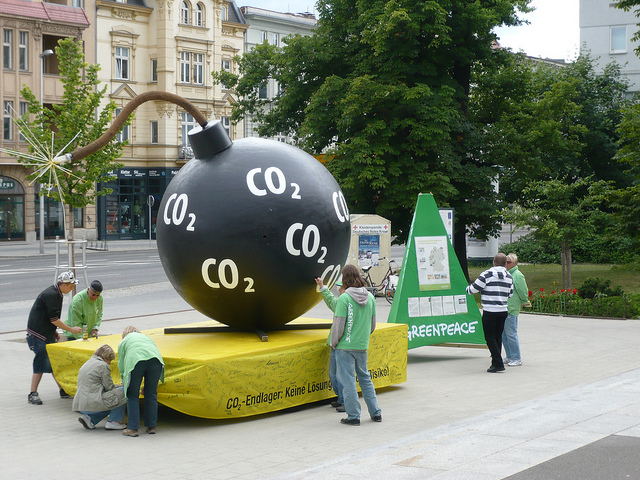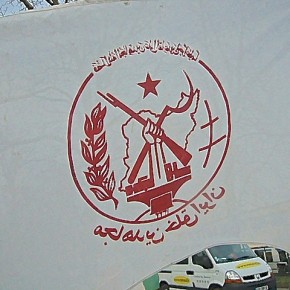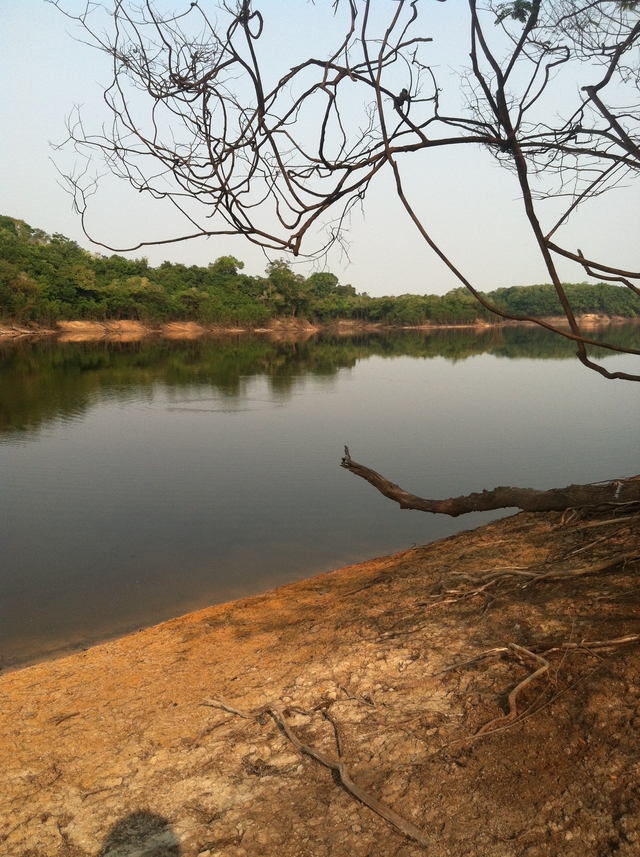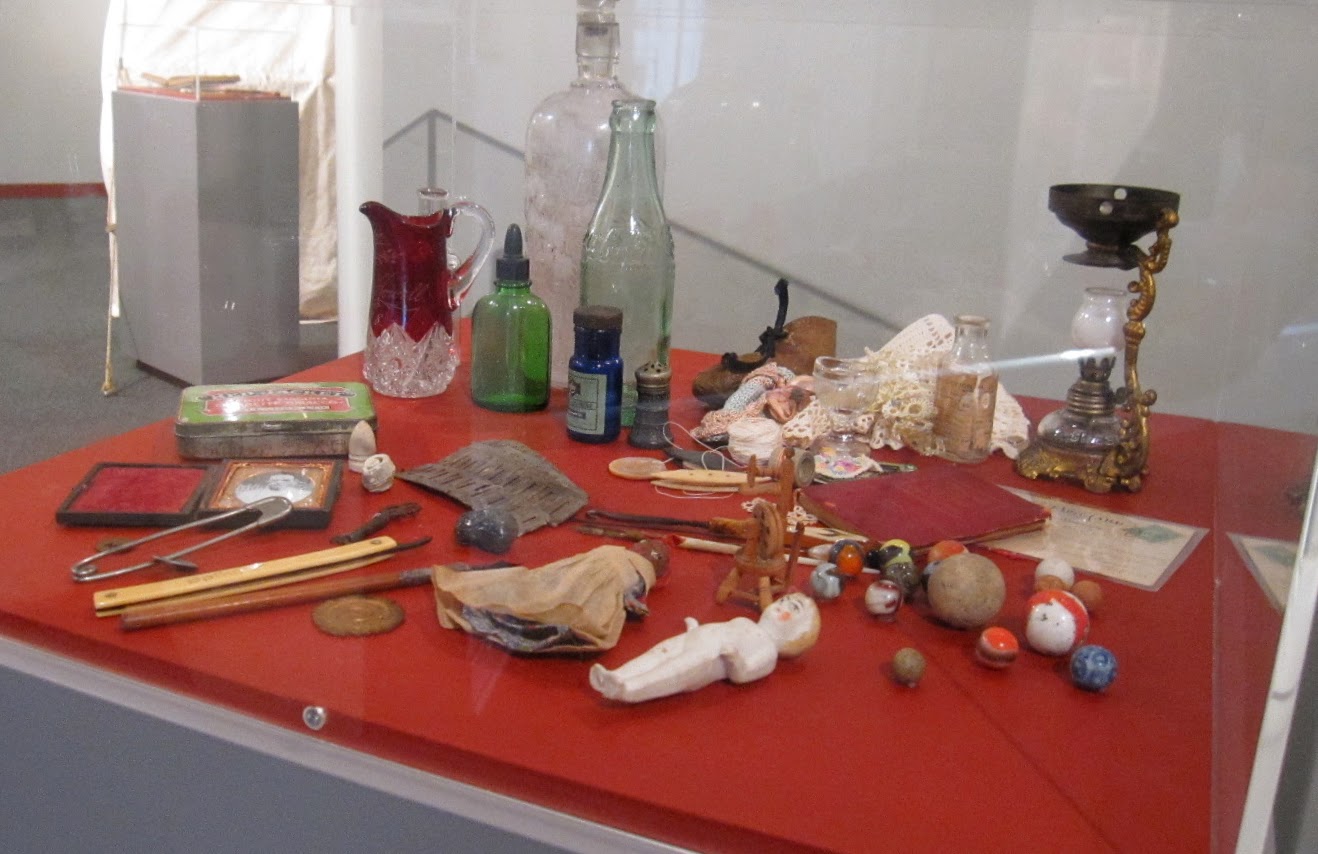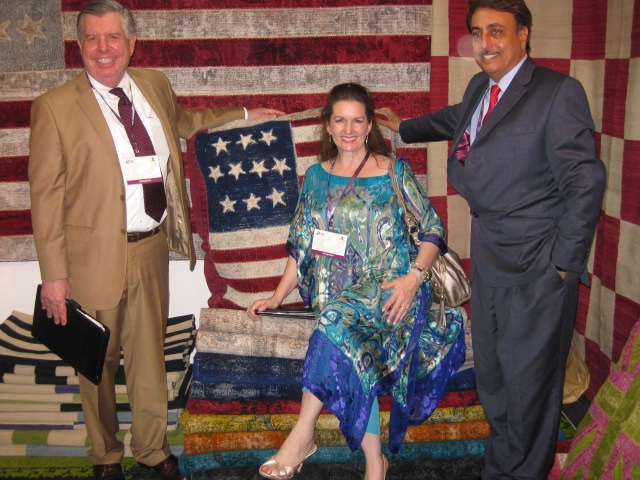The Internet is abuzz with news that a nefarious conclave of fossil fuel interests, big business and government is intent on pushing the world down the catastrophic path of geo-engineering. They want to modify the entire globe’s functioning to accommodate our hunger for stuff and energy, putting profit before planet. Evil, money-hungry boffins about to destroy the entire world? As apocalyptic scenarios go, this one has it all.
Online conspiracies can usually be dismissed with a patronizing shrug. But this one contains a grain of truth: geo-engineering is not some future fad. It’s going on all around us.
I have spent the last three years traveling across Africa and Asia as part of my agro-ecological mission (I’m involved in agroforestry, and writing this from New Delhi, where the World Congress on Agroforestry just concluded.) African and Asian cities are dirty, crowded, and noisy. Large swathes of the countryside are beset by a poverty so deep we cannot begin to imagine it, one that is just a single step away from starvation.
These countries are poor, sometimes very poor. But they are mostly less poor than yesterday. Their people show an optimism and a hunger for the future, which is a wonder to behold. It’s impossible not to be inspired, while jostling through the cacophonous crowd of an Indian pavement market, where the physical discomfort is more than offset by the crowd’s sense of purpose. What a contrast to Europe, a continent whose inhabitants, despite enjoying wealth and security beyond a medieval king’s wildest dreams, always seem depressed, sad and angry!
What is fueling that optimism, that belief that tomorrow will be better than today? It’s coal. Coal-fired power stations are going up all over the tropics. New electricity lines snake across the land. In thousands of remote villages every evening, lights are being switched on for the first time. TVs, smart phones and fridges are not far behind. And in the cities, cars, cars and more cars are being added to the roads, and tower blocks are going up as fast as the cement trucks can deliver their cargo. The steel these cars are made of, the concrete that swallows up the cities, are made with vast quantities of coal. The global fleet of bulk carriers which ship that coal across the world’s oceans has grown by 80% in 6 years. Coal is being dug out of the ground as quickly as technology and finance allows.
That’s what development looks like. That’s what puts a spring in the steps of billions of people about to leave poverty behind.
It’s wonderful. And it’s scary as hell.

We all know what the consequences of that are. Those gigatons of carbon being pumped into the atmosphere every year are changing the planet with astonishing speed. An evening I spent with a senior drafter of the International Panel on Climate Change‘s latest report, a few months ago, left me despondent. Everyone in the planetary health business – the climatologists, marine biologists, crop scientists and so on – is increasingly frightened.
The giant plume of carbon humanity is burping out is accelerating, not slowing down. And it won’t stop, not anytime soon.
So, geo-engineers we already are. Geo-engineers of the worst, most damaging sort.
That must change.
Those whose business it is to plan for the future – the militaries, the global strategists, the reinsurers – are expecting massive, civilisation-threatening disruption as the planetary system adapts to its bout of human-inflicted influenza. And those whose task it is to dispassionately chart ways out of this mess all come to the same conclusion: there is no single magic bullet. Humanity’s voracious hunger for energy won’t stop, and no single form of energy provision can sate it.
But there are lots of smaller bullets we can use. We can’t afford to leave any of them on the table.
That’s why we need to embrace everything. We need to embrace GMOs (let’s not forget that the main consumer of the world’s crops are insects, fungi and bacteria.) And nuclear power. And geo-engineering. And, needless to say, permaculture, agroforestry, urban gardening, wind, solar, hydro, insulation, conservation, bike paths and public transport. And lots and lots of research to find more efficient ways of giving the 10 billion people we’ll soon be the middle-class goods and services they all want. We need all of it. We can’t make it without all of it. And nor can most of the other species we share this little blue marble with.
I am not sure this will happen. Tired, unproductive debates pit uninformed nuclear opponents against uninformed renewables opponents. GMO defenders and organic enthusiasts shout at each other. Back to the land gurus and urban renewal experts dismiss each other as cranks. Everyone panders to their own supporters. Everyone uses propaganda instead of data, scaremongering instead of reasoning. A vast cacophony of righteousness replaced reasoned debate.
This paralyses decision making. Politicians seeking re-election adopt idiotic policies. Ridiculously damaging decisions are pushed through by lobbies of all kinds (just two examples: the pesticide lobby successfully protecting pollinator-damaging neonicotinoids, and the green lobby effectively banning nuclear power in Europe.)
Meanwhile, the geo-engineering experiment continues. In the couple of hours it took me to write this, we have collectively added 2.5 million metric tons of CO2 to the atmosphere.
Stewart Brand, of Whole Earth Catalogue fame, says that we have become as gods, and must get good at it.
But we are toddler gods. We stumble and fumble our way across the world, leaving havoc in our wake. And at night we are scared of the monsters – nukes, GMOs etc. – under our bed. Instead of fixing what we destroy, we toss and turn, caught up in imaginary nightmares.
We have to grow up. There are no monsters. There are only challenges.
Photographs courtesy of Guenter HH and Greenpeace Switzerland. Published under a Creative Commons license.
